Mass protests continue - the situation has escalated; what do the protesters request?
There are more and more people infected with coronavirus, but there are also more and more those who are protesting against the measures and vaccination.
Thursday, 09.12.2021.
18:27
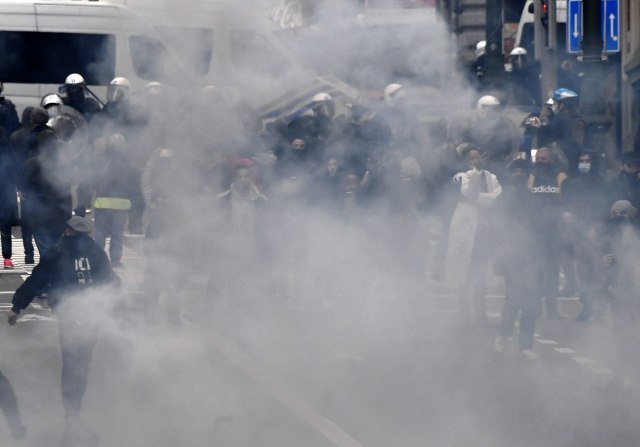
Mass protests continue - the situation has escalated; what do the protesters request?
Who are the people protesting, what connects them and what do they have in common? And why won't these protests stop?Europe has a large number of newly infected with coronavirus. Several countries have pulled the "brake" and introduced additional measures in the fight against the pandemic - from the obligation to wear masks for children, partial bans on gatherings, to mandatory vaccination, especially for certain occupations.
But as the pandemic lasts, so does the anger of many people. Tens of thousands of them across Europe have been protesting for weeks. What makes them take to the streets? And in which countries are there particularly many opponents of pandemic measures?
There are protests, dissatisfied and distrustful everywhere, including in Central Europe. In the capital of Austria, the police recently dealt with about 40.000 people who demonstrated against the announced mandatory vaccination, and there were violent incidents at the protest. About 8.000 people demonstrated in Brussels last weekend. They headed towards the headquarters of the European Union, where some of them got into clashes with the police.
In Luxembourg, protesters gathered on wire fences around Christmas fairs, because otherwise only vaccinated, those who recovered from COVID-19 or those who have a negative PCR test can come to them.
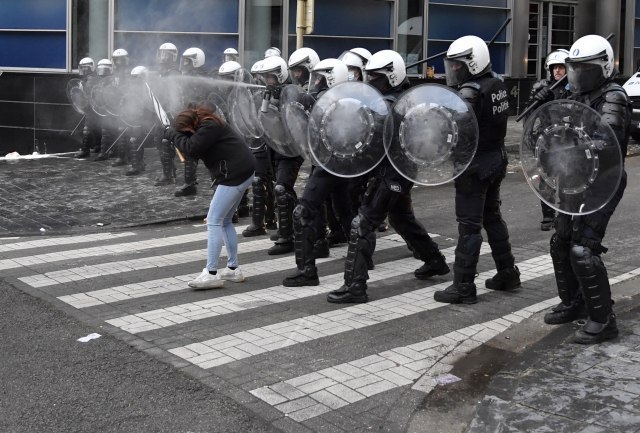
Things got intense in Germany as well: rallies have been held in several cities, and in the province of Saxony, where gatherings are banned due to COVID, people are invited to so-called public walks. The sad culmination of these protests was a procession with torches in front of the private house of the provincial Minister of Health, Petra Keeping, in the town of Grima.
Colorful society
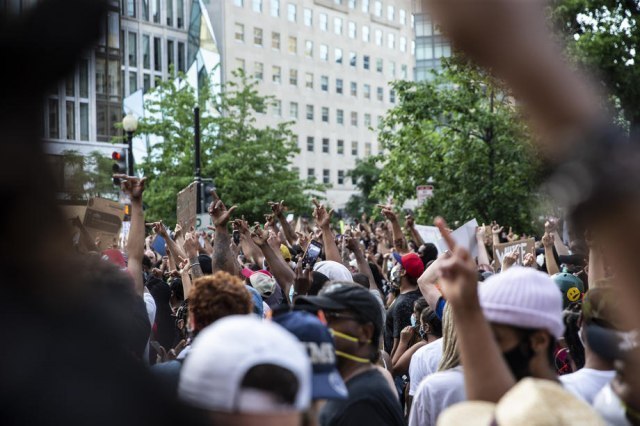
That's why some even then began to doubt - do "those up there" really change their minds by accident or they don't want to say what is really happening? For the most part, the media only added fuel to the fire by writing that they were against the measures, primarily "corona deniers", hooligans, neo-Nazis...
Mark Hodge, a professor of political science at the Catholic University of Leuven in Belgium, said the protesters were "a combination of very different social groups, each with its own motive".
He compares the people protesting in his country with the protests of the "yellow vests" in France, where, especially in the beginning, members of various social strata were together. It is similar in Germany. "What they have in common is frustration - not only because of the anti-COVID policy, but also because of democracy and the role of political institutions. And that goes back to the anthroposophists and their distrust of the modern age," explains sociologist Johannes Kiess of the German city of Siegen.
"What we could see everywhere was that actors from the right political spectrum were putting themselves at the forefront of the protests, that they were organizing them and mobilizing people."
That hasn't changed for months: "The story of how the 'right took over the movement' is nonsense. They participated from the very beginning. And they weren't a problem for anyone from the beginning," Professor Kiess points out.
At the demonstrations in Vienna, as reported by the Austrian public service ORF, members of the extreme right-wing Identity Movement gathered around Martin Zelner were an important driving force. The right-wing FPO party continues to call for protests, and their website contains a kind of "demonstration calendar" which, as they say, is "constantly updated".
Additional support is coming to them from conservative Catholic circles - their spokesman Alexander Chugal, who has long been known for opposing gay marriage, and who expresses doubts about the meaning of climate protection. However, it is not so easy to "put the protesters in one drawer", says Kiess. "Everything always depends on the context and political culture in a particular country. Thus, in the Netherlands, members of the evangelical spectrum, as well as football hooligans, are joining the same ranks. There’s nothing like that in other countries in that form,” Kiess says.
Within one state, huge differences can be noticed. According to a study conducted by the University of Basel on behalf of the Heinrich Bell Foundation, close to the German Greens, conducted in late November, people protesting in southwestern Germany are largely rooted in "alternative movements" opposed to "official" medicine, such as and politically more left-oriented groups. On the other hand, in the east of Germany, the share of the right-wing Alternative for Germany (AfD) is much higher.
What do protesters want - and don't want?
"In principle, it can be said that it is always about something much broader than coronavirus," says Professor Kiess. Thus, in France, the protests were, at first glance, directed against protection measures, "but in fact, it is always about President Macron and his way of conducting politics."In the Netherlands, protests are closely linked to social policy and the growing gap in society between those who are wealthy and those left behind: "You must not underestimate the danger of that barrel of gunpowder. It can easily catch fire, for example because of measures against coronavirus".
In the German state of Saxony, too, it is primarily a matter of feeling that democracy has shortcomings and dissatisfaction with politics: "There is practically no trust in 'official' politics," said Axel Kaiser, one of the authors of the Thuringian Monitor regular opinion poll. He estimates that coronavirus is just an occasion for mobilization: "The extreme right used this opportunity to spread its theses about the failures of the complete (political) system."
Will there be even greater unrest?
Experts are not optimistic: "The situation has been getting worse for months," Kiess said. The ministers of the interior of the German provinces also assume that the protests will be more and more radical, and the Service for the Protection of the Constitutional Order warns that it will be especially intensified if mandatory vaccination is introduced. Sociologist Kiess also expects that there will be more violence and points out that "illegal protests should have been prevented even earlier and more severely by, for example, fines being written more consistently and rallies being disbanded. For a long time, all this has been tolerated, especially in Germany".But for many, "bridges have been torn down" and it will be hard to believe "those from higher ranks" again, no matter what they say, even when COVID-19 is gone.










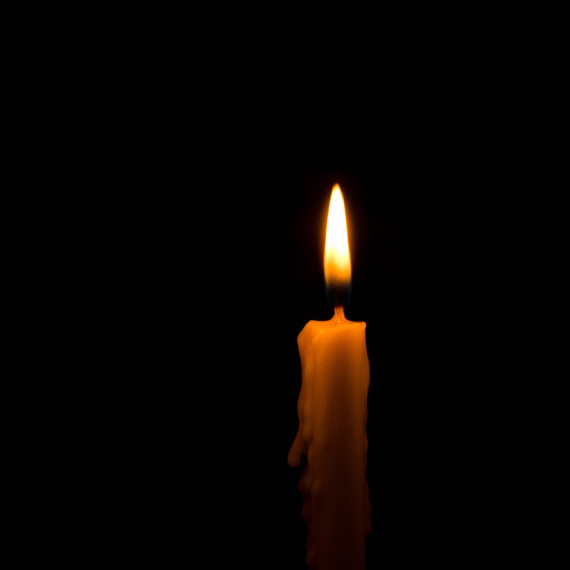
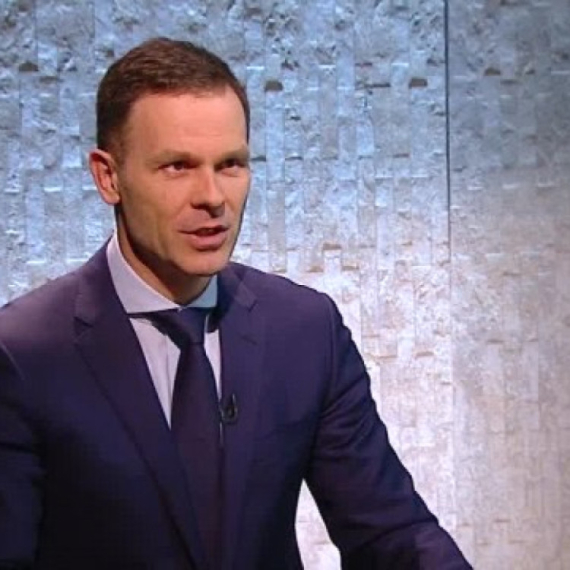

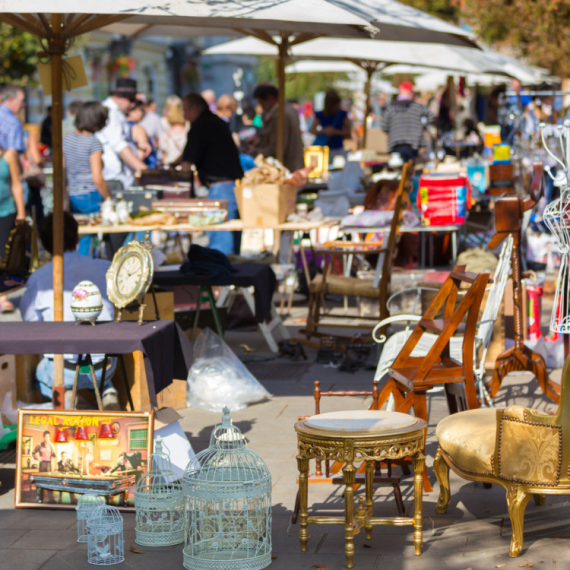

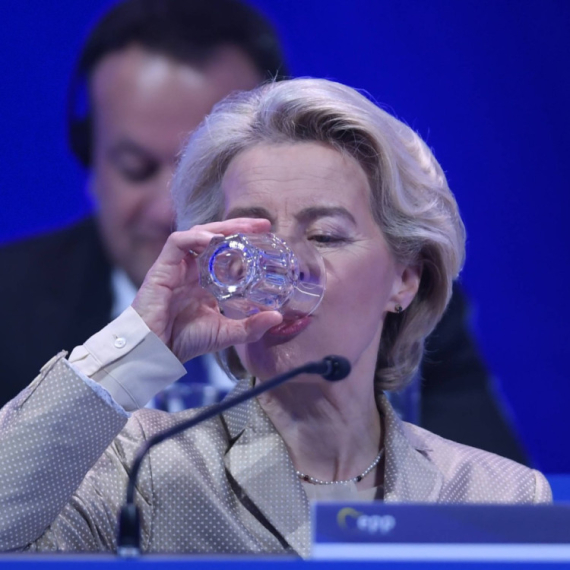
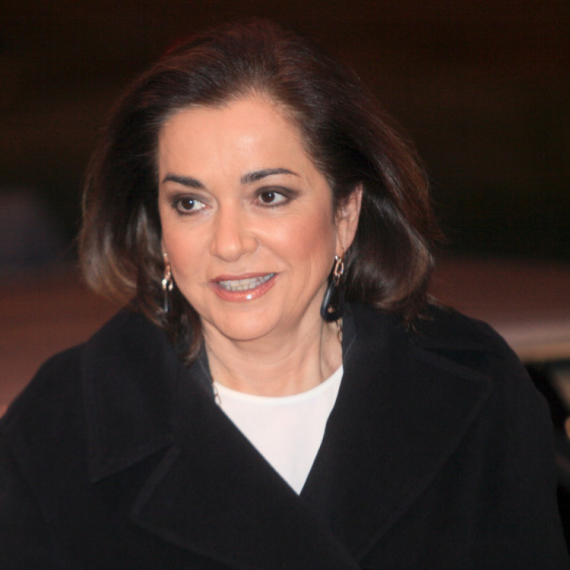
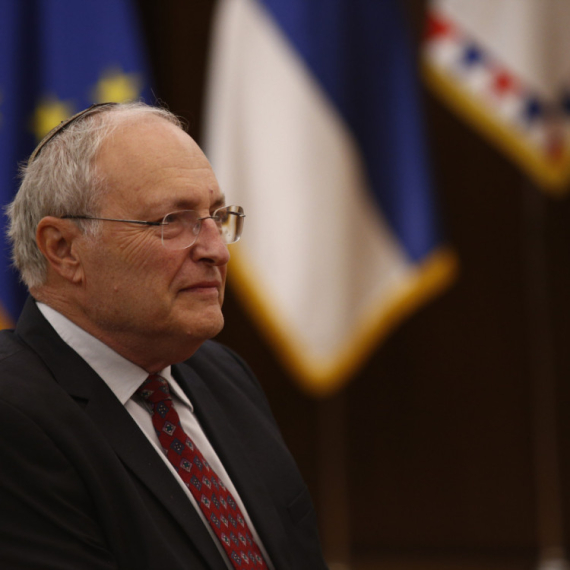











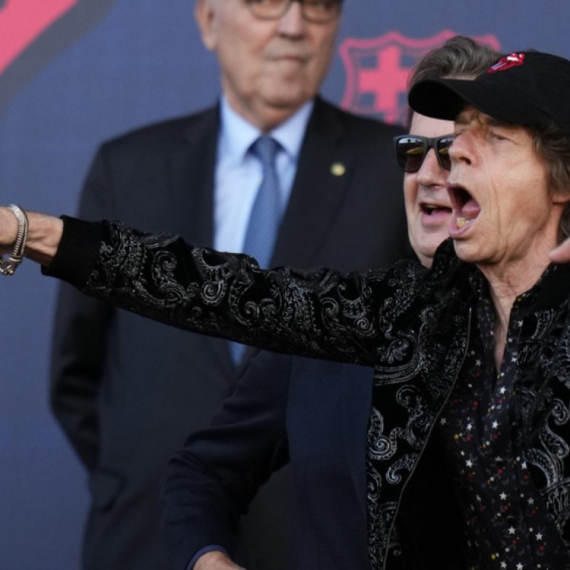
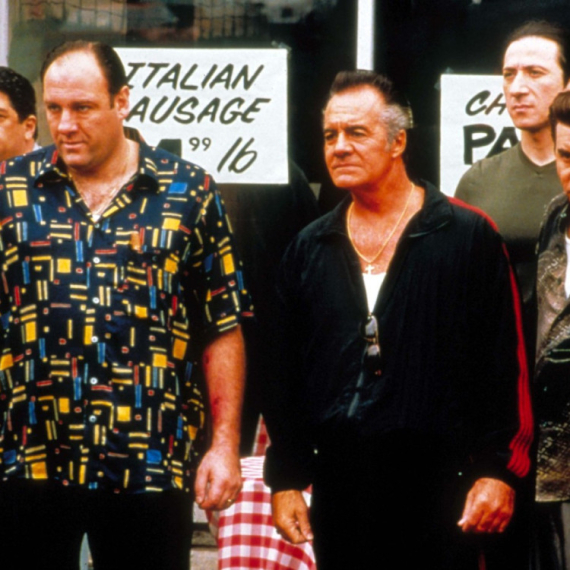





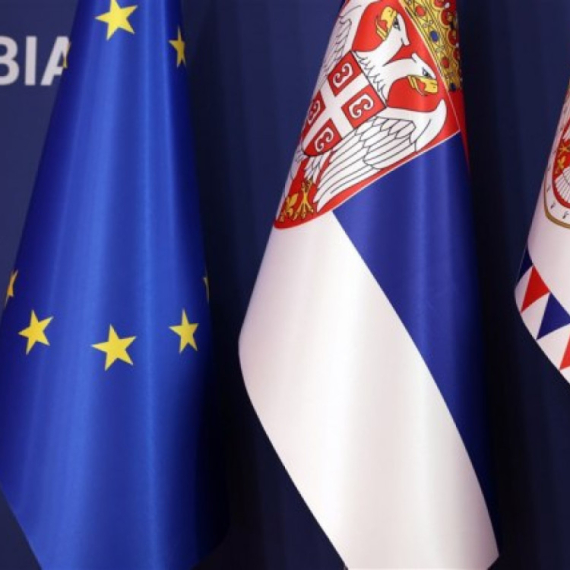
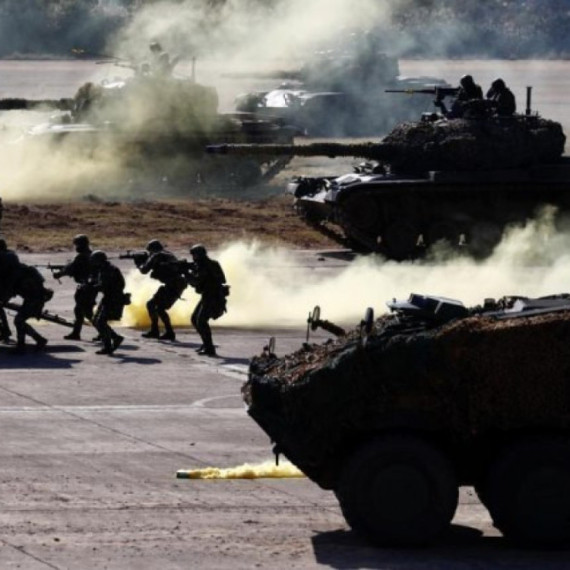
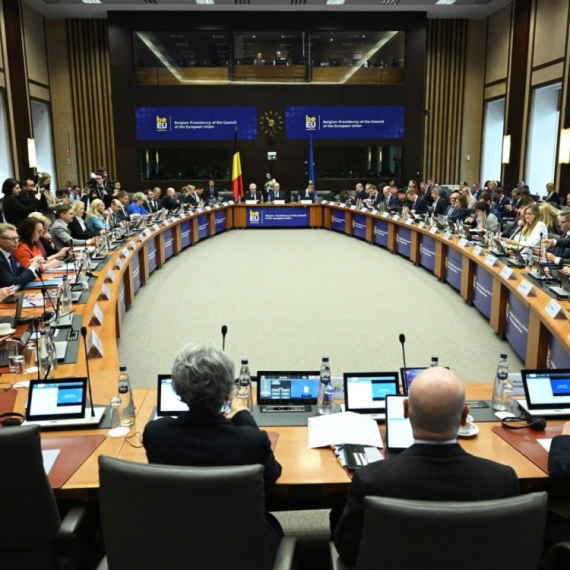
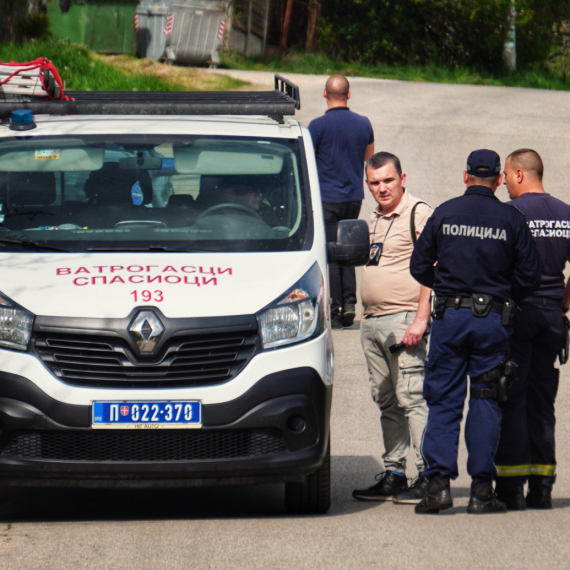
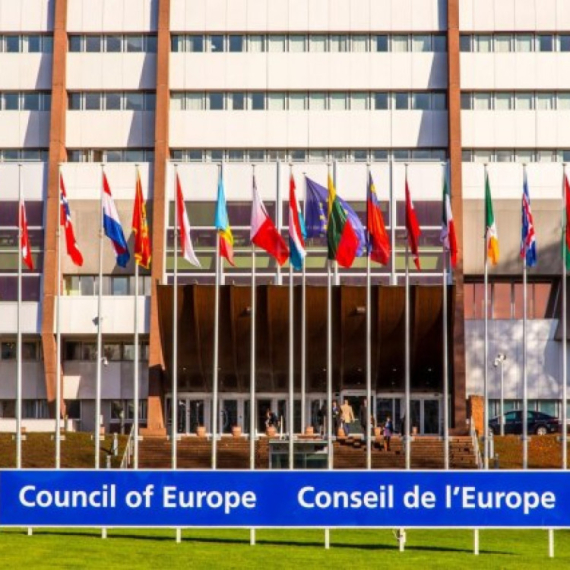

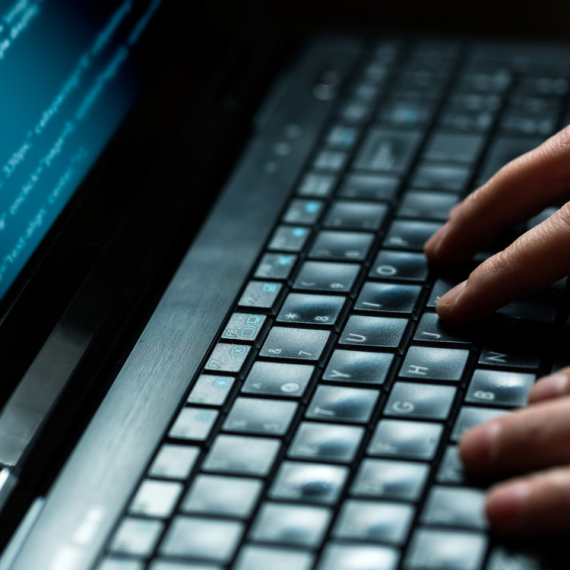

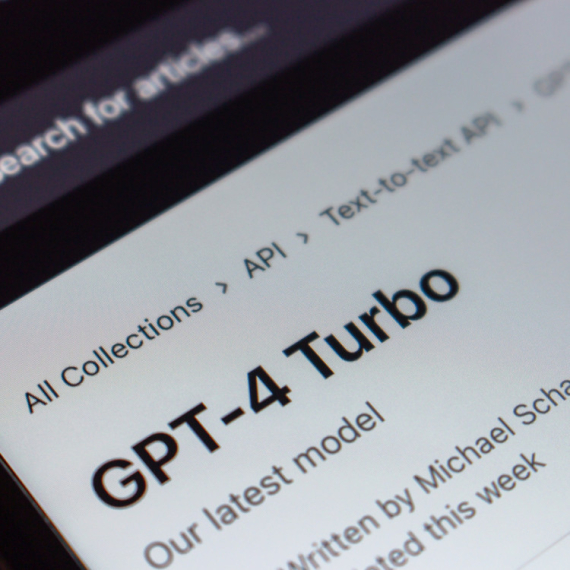

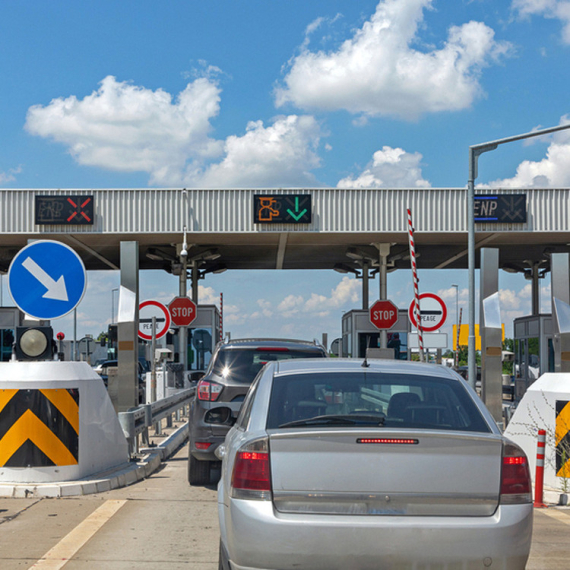
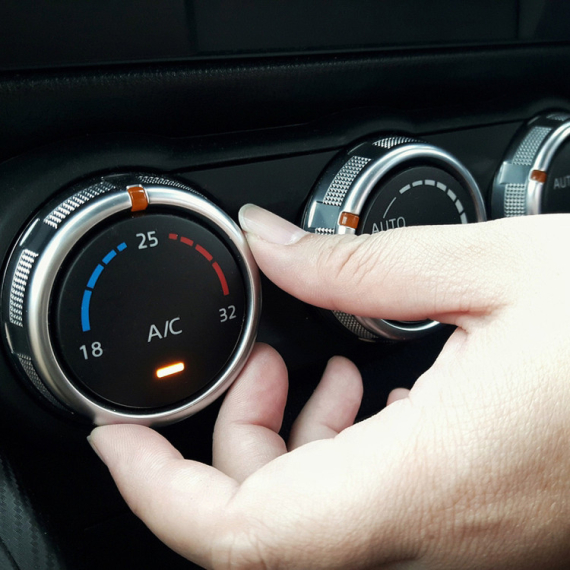
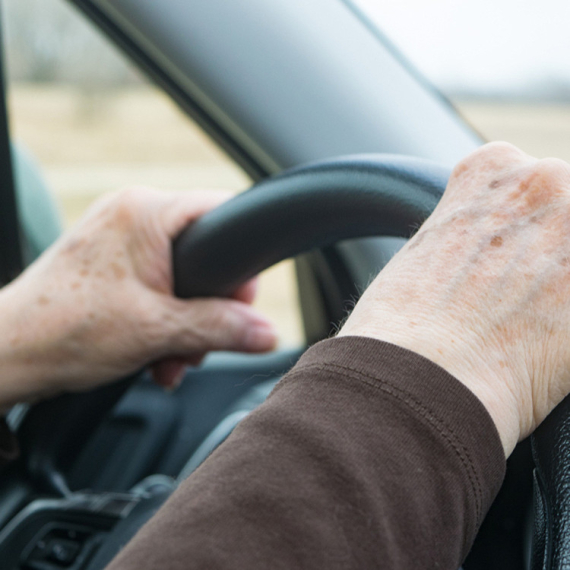

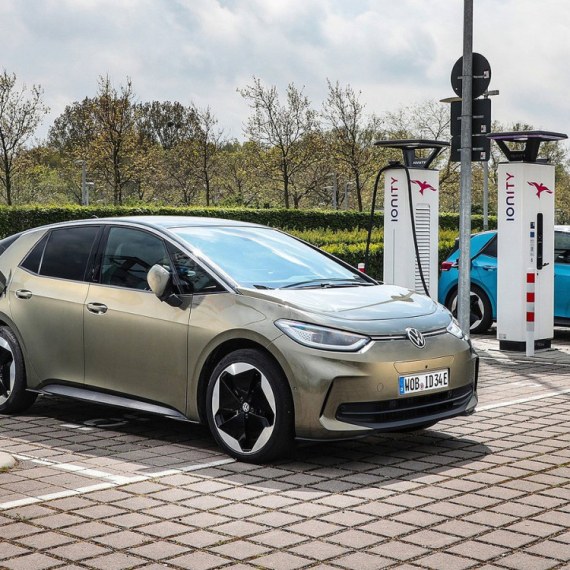

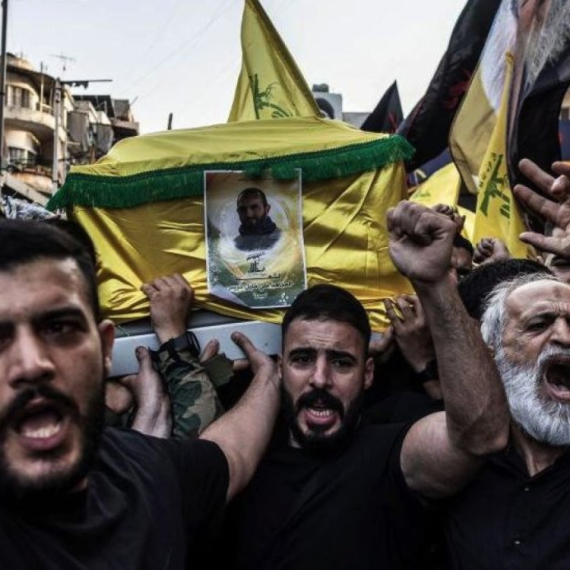
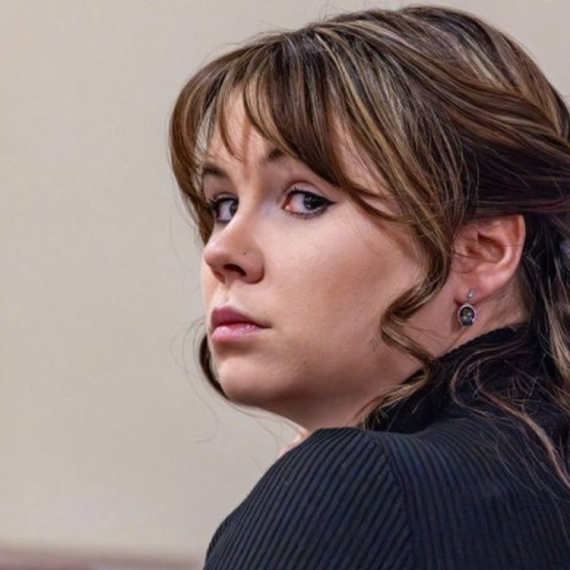
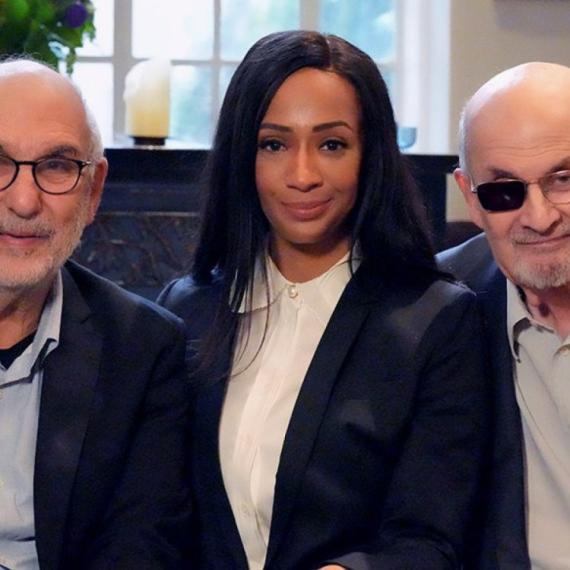
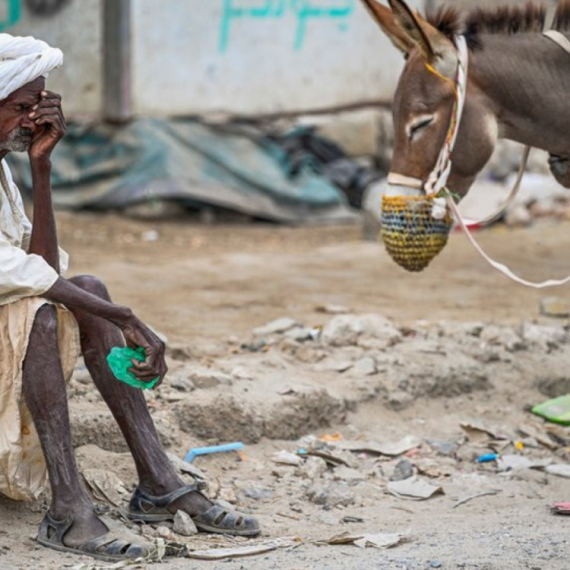

Komentari 0